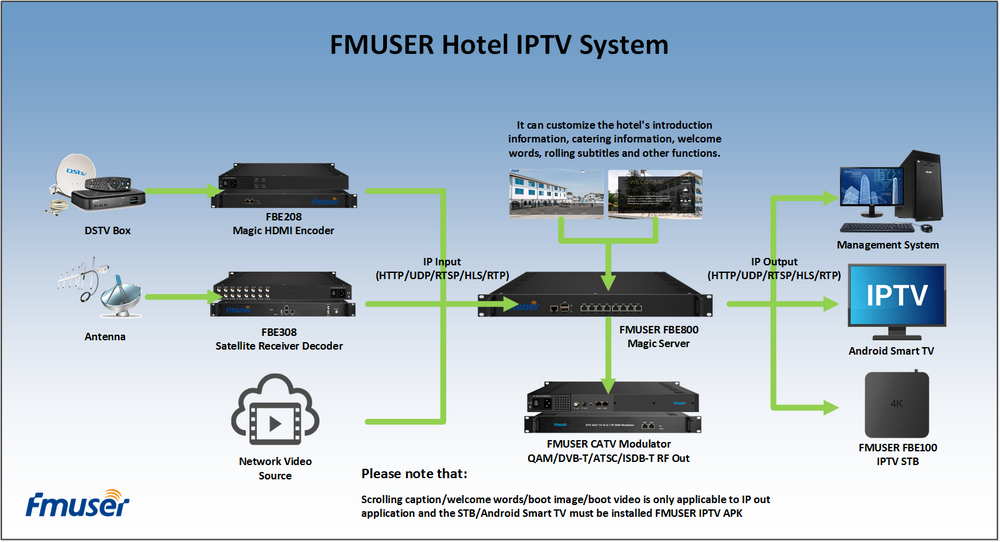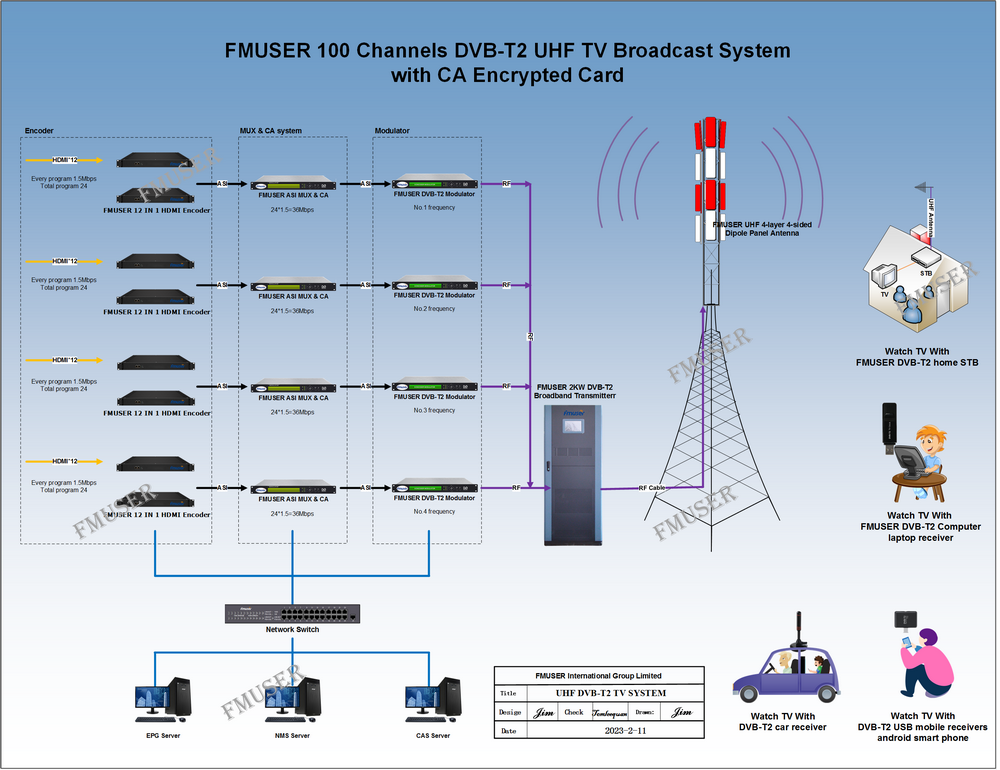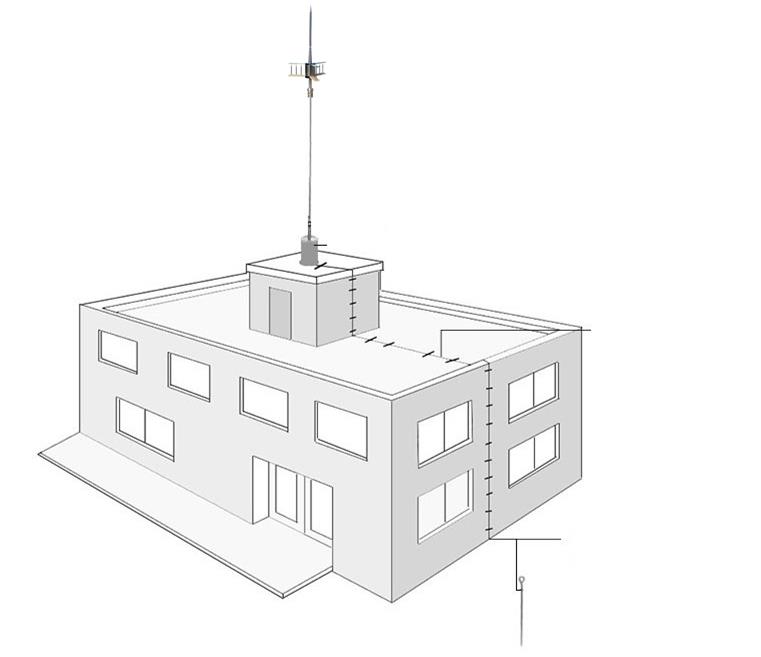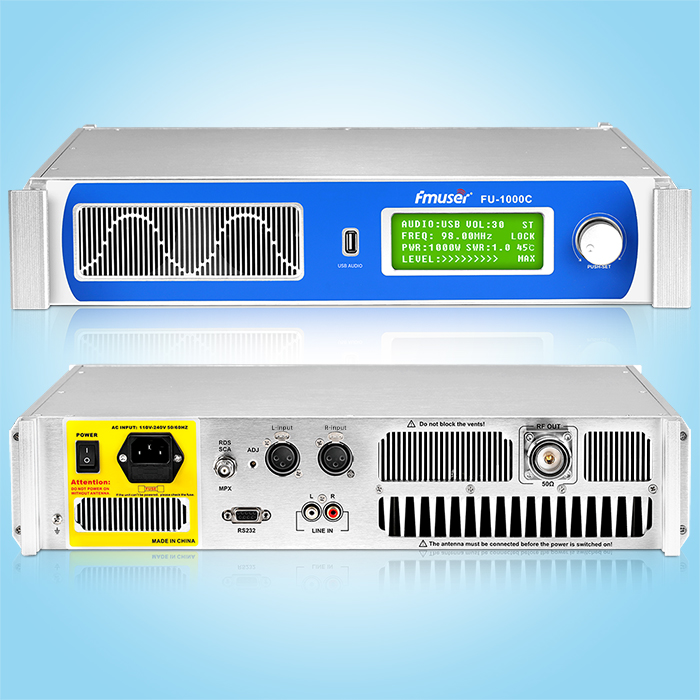"Writing systcik today_ When using the handler() interrupt function, an error is always reported. The global variable extern U16 ntime (ntime -- written in stm32f10x) defined at the beginning_ In the systick interrupt function of it. C), but errors are always reported during compilation. Baidu has a solution after that,
I have noticed the extern variable before, but I haven't thought about its use carefully. When I encounter it today, I must understand it and the general function of this keyword (just the general function, the breadth and depth of C dare not talk about it);
When you build a header file library, you often encounter a problem, that is, you define a temperature variable in file a and want to pass its value to file B for use, but the function in file a operation cannot take return parameters, such as interrupt service function. What should you do? If you define temperature in a, then include A.H and B.H in includes. H, and then put includes. H in a.c and B.C, there is no problem with single compilation, but there will be problems when linking,
“Symbol temple mulTIply defined(by A.o and B.o)”
This variable has been defined many times!!!
The solution is:
After defining the temp variable in a, declare it in B with extern, for example:
1. Define temp in a and assign value: U16 temp2 = 0;
2. Declare extern U16 temp2 in B;
This is just a declaration, no assignment, or an error will be reported!
Symbol temp2 mulTIply defined (by catch_ pwm.o and app.o)
Note the difference between variable definition and variable declaration:
The variable definition uses the form of "data type + variable name", and the compiler needs to allocate memory units to it;
The variable declaration uses the form of "external variable type + variable name" to tell the compiler that this variable will be defined in other external C files. I only use it externally here. The compiler will not allocate memory space to it, but will allocate memory space to it when it really encounters the variable definition.
//////////////////The following is the "Juhai" de post///////////////////////////////////
1. Common variables are defined as global variables
If it is a common type, it can be defined directly in the *. C file without the *. H file, and declared with extern at the calling file, because the compiler can recognize common types. For example, in a my. C file, I defined char name [10]; In other files, just use extern char name [] (because it is a declaration, the size of a one bit array can be omitted, but it is not recommended to use pointers. Comparing pointers and arrays is two different things). Tell the compiler that I have defined this variable. Take your time to find out. This makes sense because char is a type that the compiler can recognize autonomously.
2. A custom structure type is defined as a global variable
Unlike ordinary types, the compiler will not recognize your custom type without notifying the compiler in advance. At this time, the *. H file appears. Isn't the definition of structure type not occupying memory? Well, I put the definition of the large structure in the *. H file, so that no matter how many times you incude, the memory will not be occupied. In addition, there is another advantage. You can include this *. H file in other files, so that the compiler can recognize your custom type in this file. Isn't the purpose achieved? If I defined it in global. H
typedef struct _ POSITION
{
int x;
int y;
}POSITION;
Then I can implement the definition of global variables in a global. C file, but I need to include the *. H file, such as
include “global.h”
POSITION current,;
Thus, the variable cunrrent is defined. When this variable is referenced in other files, as long as external position current; Declare it, and then you can use it. However, this file must also include "global. H", because if it is not included, the position type is not recognized in this file.
1. How to reference a defined global variable?
Answer: extern can refer to the header file or the extern keyword. If you refer to a global variant declared in the header file by referring to the header file, you will report an error during compilation if you write it wrong. If you use extern, you will not report an error during compilation if you make the same error, An error is reported during connection.
2. Can global variables be defined in multiple. C files? Why?
A: Yes, you can declare a global variable with the same name in the form of static in different C files. Global variables with the same name can be declared in different C files, provided that only one C file can assign an initial value to this variable, and the connection will not make an error.
OVER!, Read the full text, technical section
Working principle of single chip microcomputer memory and concept analysis of chip selection and bus
Definition and analysis of extern global variable in STM32 Single Chip Microcomputer Design
Summary and analysis of common problems in AVR MCU C programming
Write and share DTMF dialing program based on PIC12C508
Based on PIC MCU control temperature sensor temperature measurement design, Download enthusiast app
Create an electronic circle of your contacts
Pay attention to wechat of electronic enthusiasts
Interesting and informative information and technology dry goods
Focus on enthusiast class
Lock in the live broadcast of the latest course activities and technologies and collect them
0 collections
Share:
1. Comments
Lin Chaowen PCB Design: pads tutorial, pads video tutorial, Zheng Zhenyu teacher: Altium designer tutorial, Altium designer video tutorial, Zhang Fei actual combat electronic video tutorial, Zhu Youpeng teacher: Hisilicon hi3518e tutorial, hi3518e video tutorial, Li Zeng teacher: signal integrity tutorial, high-speed circuit simulation tutorial, Huawei Hongmeng system tutorial, harmonyos video tutorial, saisheng: EMC design tutorial, EMC video tutorial Mr. Du Yang: STM32 tutorial, STM32 video tutorial, Tang zuolin: basic C language tutorial, basic C language video tutorial, Zhang Fei: Buck Power tutorial, buck power video tutorial, punctual atom: FPGA tutorial, FPGA video tutorial, Mr. Wei Dongshan: embedded tutorial, Embedded video tutorial Zhang Xianfeng: C language basic video tutorial Xu Xiaogang: Modbus communication video tutorial Wang Zhentao: NB IOT development video tutorial mill: FPGA tutorial, zynq video tutorial c language video tutorial linux driver development video tutorial Zhu Youpeng: u-boot source code analysis video tutorial harmonyos,
Press and hold the slider and drag to the far right
Learn about new features
Published, relevant recommendations
How to use the GPIO of STM32 single chip microcomputer to control the LED display
The ODR register is readable and writable: it can control the pin to be high level and the pin to be low level.
Pin write 1 GPIO for bit
Published at 15:45, November 1, 2018
•
6 readings
Advanced control timer TIM1 and Ti based on STM32 single chip microcomputer
The general timer of STM32 is a 16 bit automatic loading counter (CNT) driven by programmable prescaler (PSC)
Published at 16:10, October 30, 2018
•
72 readings
Control of running lamp based on STM32 single chip microcomputer
First of all, you should know that ordinary IO has two functions, one is input and the other is output. Then subdivide the input and output into which mode to output and which
Published on October 30, 2018 16:02
•
54 readings
How to select the startup code of stm32
● small capacity products refer to stm32f101xx and stm32f10 with flash memory capacity between 16K and 32K bytes
Published at 16:00, October 30, 2018
•
41 readings
Control of running water lamp based on STM32 single chip microcomputer
1. When we follow the routine to create our own project, there are undefined in the GPIO library file. When we just started learning new
Published at 15:42, October 30, 2018
•
69 readings
The solution of second interrupt source and alarm clock interrupt source based on STM32 single chip microcomputer
The computer should
Our other product:















